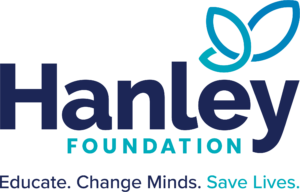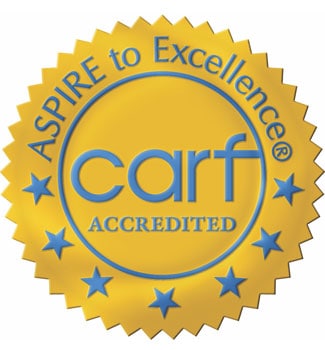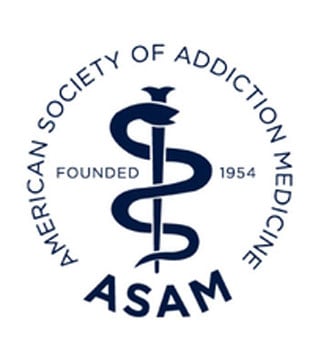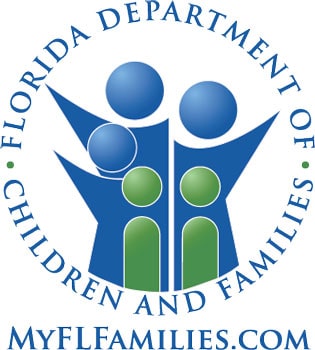Obsessive Compulsive Disorder (OCD) Treatment in Florida

Individuals with an obsessive-compulsive disorder (OCD) may experience unwanted obsessions, compulsions, or symptoms of both. Obsessions are repeated thoughts, urges, or mental images that contribute to anxiety. Compulsions are repetitive behaviors resulting from obsessive thoughts, urges, or mental images.
Although it is common for everyone to have repetitive thoughts and habits from time to time, individuals with OCD have uncontrollable thoughts or unenjoyable behaviors that take up hours of their days. These experiences can significantly impact a person’s life, including work, school, and personal relationships.
Keep reading to learn about the relationship between OCD and SUDs, their symptoms, and how combining obsessive compulsive disorder treatment with SUD therapies can help.
If you or a loved one needs help, please call our admissions team today at 561.841.1033.
What Is OCD?
OCD is a condition that dramatically impacts a person’s thoughts and behaviors. Instead of feeling like a choice, these behaviors are more like an irresistible urge.
Obsessing about specific thoughts is repetitive and consumes a lot of time and mental energy. This often leads to behaviors or rituals that interfere with normal functioning at school or work, impact social relationships, and more.
A person with OCD uses behaviors to respond to anxiety or emotional distress. They may repeat activities, even when they know doing them isn’t actually helping, and may be irrational. Fear is another motivator for the behaviors of someone with this disorder.
They may be influenced by a fear of harming themselves or others, a fear of illness, or a fear of losing something important.
What Causes OCD?
Experts are unsure of the exact cause of OCD. However, your family history, psychology, genetics, environment, and how your body works could all play a role. Personality traits like perfectionism may increase a person’s risk as well as brain abnormalities, stressful life events, and psychological trauma.
MENTAL HEALTH DISORDERS
OCD Symptoms and Effects
The signs of OCD are difficult to mask completely. People may cut themselves off from others socially, so symptoms and effects are not noticeable. They may also turn to drugs or alcohol to cope with intrusive thoughts and behaviors.
You may have already seen signs of obsessive compulsive disorder in people you know but weren’t aware of what you were observing.
Individualized OCD treatment at Hanley Center in Florida, like Cognitive Behavioral Therapy (CBT), can help identify and change problematic emotions, thoughts, and behaviors.
Obsessions and compulsions, like the ones below, may appear, disappear, ease, or worsen with time.
OCD Obsessions
While a complete list may be infinite, the following examples can give you some clues about what the object of obsession may be for a person with OCD.
These examples may become topics of conversation or influence how people see themselves and the world around them. Getting acquainted with them and noticing patterns in how they are mentioned can be helpful.
- Worries about personal safety.
- Concern that other people will get hurt.
- Fear of contamination, germs, injuries, or illness.
- Fear of poor health in loved ones.
- Taboo thoughts involving religion, sex, or harm.
- Aggressive thoughts toward self or others.
- Needing things to be in perfect or symmetrical order.
- Constant awareness of breathing or blinking.
- Fixation with certain numbers.
- Obsession with specific places, people, and possessions.
- Ruminating on certain memories.
OCD Compulsions
Compulsions are behaviors a person may engage in to try to overcome obsessive thoughts, urges, or images and decrease feelings of distress and anxiety.
Often, those with OCD and addiction began using drugs or alcohol to cope with or lessen compulsions.
Common compulsions include:
- Excessive handwashing, showering, or personal hygiene behaviors.
- Repeated checking (the oven is off or the door is locked).
- Compulsive counting.
- Fear of shaking hands, touching doorknobs, or using public restrooms.
- Moving objects to make them symmetrical.
- Arranging the order of items.
- Looking at sexual images or words.
- Avoiding unclean environments/cleaning.
- Repeating a behavior a specific number of times.
- Hoarding unnecessary items.
- Collecting irrelevant or unexplained items.
Many people with obsessive-compulsive disorder are aware their habits and thoughts make little sense. They do not engage in compulsions because they enjoy them but because they have an irresistible urge to do them.
Individuals with OCD have learned that if they stop the compulsive behaviors, the obsessive thoughts return.
Other OCD Symptoms
Motor or vocal tics (sudden, repetitive, brief movements) may also be present in those living with OCD.
Such movements include:
- Blinking the eyes.
- Grimacing the face.
- Shrugging the shoulders.
- Jerking the head or shoulders.
- Clearing the throat.
- Sniffing.
- Grunting.
OCD and Addiction
Those with OCD may turn to alcohol or drugs to cope. Although substance use may initially mask symptoms (by suppressing intrusive thoughts and feelings), long-term use can make symptoms worse, harm personal relationships, and interfere with OCD treatment.
How Can OCD Increase My Risk of Addiction?
Obsessing over specific thoughts, urges, or images is repetitive and consumes a lot of time and mental energy. It can lead to behaviors and rituals that interfere with healthy functioning at school or work, negatively impact social relationships, and much more.
A person with OCD often uses behaviors or rituals to respond to anxiety, fear, and emotional distress. This usually involves repeated actions—even when they know it will not help and may be irrational.
The presence of OCD—even without an OCD diagnosis—can cause someone to self-isolate from an early age. They may feel disconnected and distressed and begin to use drugs or alcohol to cope with those feelings.
As their fears and obsessions consume more time, they may find it difficult to develop or maintain social relationships.
This often leads to increased feelings of anxiety, fear, and depression. When this happens, a person with OCD may begin to make drinking or drug use one of their compulsive behaviors. As their use of substances increases, so does the chance of developing an addiction.
OCD Treatment
Treatment at Hanley Center aims to address the fear behind these behaviors. Behavioral interventions, like cognitive behavioral therapy (CBT), offer opportunities to look at patterns of thinking and behaviors that haven’t been helpful and learn how to replace them with productive responses that do not involve repetitive behaviors or substance misuse.
Building a network of support is another way to ensure the best treatment for OCD. Our patients benefit from having family members who understand the effects of OCD and how they contribute to their substance use disorder.
The Residential Mental Health Program at Hanley Center provides compassionate care for those with OCD. Our therapists and medical staff help patients learn vital coping skills to help patients navigate life’s everyday challenges.
To help you fully address your unique challenges, issues, and strengths, we help you examine all dimensions of wellness—psychological, biological, social, and spiritual.
Our treatment curriculum is designed to provide you with deep individual insights while fostering community support.
OCD Treatment and Addiction
The co-occurring disorder program at Hanley Center is a valuable approach to treating both a substance use disorder and obsessive-compulsive disorder. Individual and group therapies and holistic wellness activities can help teach healthier, more productive alternatives to ritualistic-type behaviors.
Integrated Treatment is Key
Comprehensive programming designed by Hanley Center provides the necessary integrated therapeutic resources to help patients heal physically, mentally, and spiritually from OCD and addiction.
A comprehensive treatment plan should include:
- Evidence-based therapies.
- Medical care (including medication, when appropriate).
- Psychiatric services and ongoing care.
- Case management.
- Spiritual care services.
- Life skills training.
- Continuing care planning.
Hanley Center provides individualized treatment plans that address co-occurring disorders like OCD while considering every aspect of a person’s well-being. At our OCD inpatient treatment centers in Florida, each patient participates in a comprehensive behavioral health assessment.
This thorough assessment provides a basis for customized treatment plans.
To be effective, co-occurring disorders, including obsessive-compulsive disorder, must be treated simultaneously, in the same location, and by the same OCD treatment team. Our expertly trained professionals address co-occurring conditions through multidisciplinary, medically intensive programming. Primary therapists conduct private sessions aimed at addressing each person’s unique situation.
Our treatment team members attend to each patient’s physical, mental, psychological, and spiritual needs. Our medical professionals, licensed therapists, and psychiatrists meet daily to collaborate on solutions. Hanley Center’s integrated treatment model improves long-term outcomes and quality of life.
We also treat individuals with OCD who do not identify with having substance use disorders. You’ll be able to relax and focus on your recovery in a dedicated space separate from the rest of Hanley Center when you choose our Residential Mental Health Program. This program has its own 24/7 nursing and medical care unit to enhance confidentiality while you receive treatment for obsessive-compulsive disorder.
Hanley’s Center for Brain Recovery
Co-occurring disorders can influence and exacerbate one another, making treatment more challenging. The Center for Brain Recovery (CBR) is an innovative program that addresses brain health with targeted, evidence-based therapies, offering patients a better chance at long-term recovery.
We offer rigorous psychological testing such as:
- Personality Inventory for DSM-5—Brief Form (PID-5-BF).
- CNS VS (Central Nervous System Vital Signs).
- MMPI-2 (Minnesota Multiphasic Personality Inventory-2).
- MCMI (Millon Clinical Multiaxial Inventory).
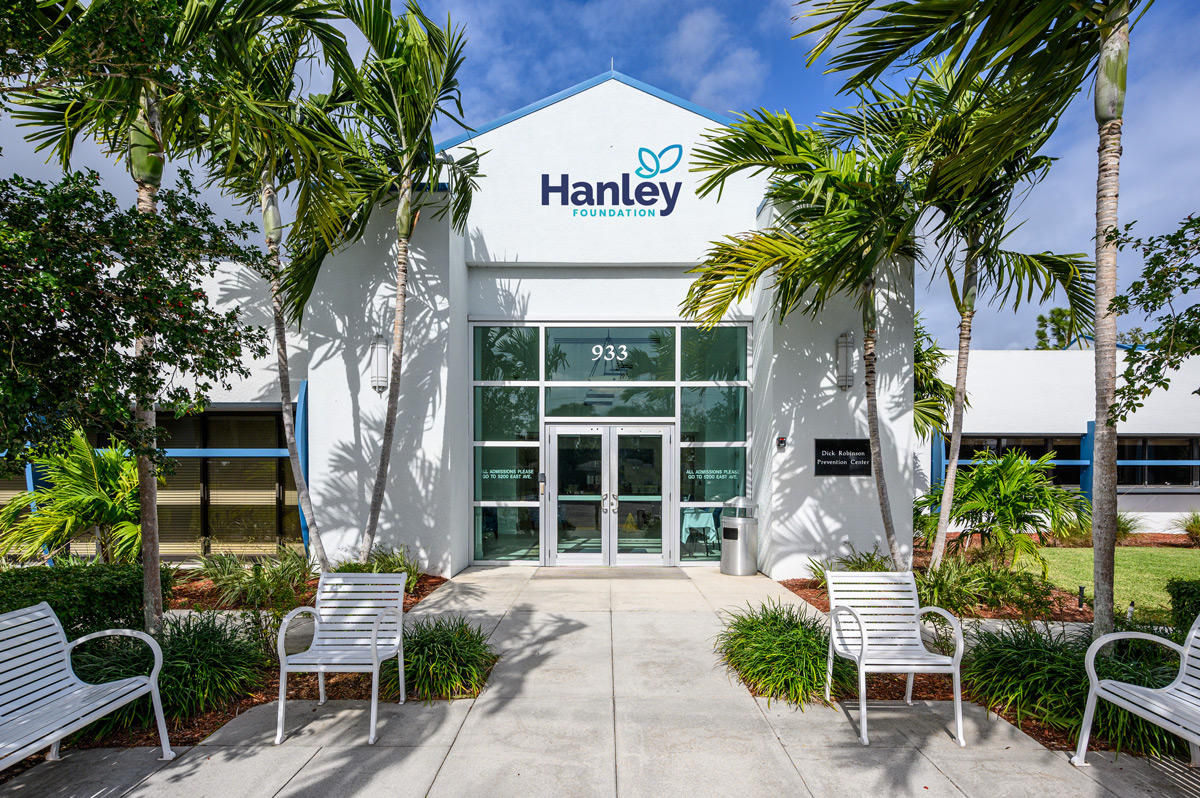
People Can and Do Recover
Hanley Center is a well-known care provider offering a range of treatment programs targeting recovery from substance use, mental health issues, and beyond. At Hanley Center, we understand co-occurring mental health and substance use disorders impact one another and require coordinated treatment.
We offer renowned clinical care and have the compassion and professional expertise to guide you toward lasting recovery.
We use several research-based therapies and OCD treatment interventions to help people living with obsessive-compulsive disorder.
Personalized, intensive, and integrated treatment combined with long-term support is critical to success.
For information on our programs in West Palm Beach, FL, call us today at 561.841.1033. Caring professionals are standing by to help you begin your journey of healing.
Hanley Center: Most Insurance Accepted
Address: 933 45th Street
West Palm Beach, FL 33407
